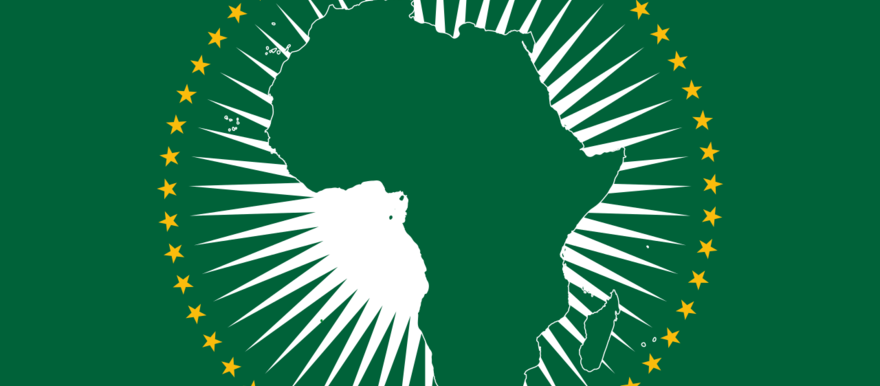The African Union Commission of Inquiry on South Sudan has issued recommendations for social healing, justice and reform in the country. These are included in the final report of the commission published on Wednesday.
The AU recommends the launch of a structured process for truth and reconciliation, a suggestion adopted by the IGAD mediators when they included a Commission for Truth, Reconciliation and Healing (CTRH) in the peace agreement signed in August.
The AU says that this process would provide opportunities for South Sudanese to discover the truth about the conflicts and human rights violations of the past, and to give voice to victims.
“This is the only way to foster healing, peace and reconciliation in South Sudan, and to forge a common future. Such a body should lead to truth, remorse, forgiveness and restitution where necessary, justice and lasting reconciliation being achieved,” says the report.
The Commission recommends that this process include women in important roles.
Furthermore, the Commission recommends that the formal reconciliation process should be linked with local initiatives, citing the example of the Wunlit conference held in 1999.
Hybrid court to try perpetrators
The Commission recommends the establishment of an African legal mechanism under the African Union. It describes this as a hybrid court with both African and South Sudanese judges and lawyers.
The purpose of the court is to “bring those who bear the greatest responsibility at the highest level to account.” The African Union Commission says that it has identified high-level perpetrators whom they believe are responsible for gross violations of human rights. But they say that they are keeping this list secret. The list may be provided to the hybrid court after it is established.
The Commission has stressed the importance of justice in the reconciliation process, advising against a policy of amnesty for war criminals.
Reparations for victims
The Commission recommends the creation of a national reparations fund, which will be linked to traditional justice mechanisms, to benefit victims of gross human rights violations. The work of the reparations fund would be linked to the work of the Truth Commission.
National justice system
Also the Commission recommends strengthening of the justice system in South Sudan. They say that the judiciary should be independent and should be better funded with more buildings and more judges and more staff and more mobile courts.
The African Union Commission recommends also linking the formal justice system to the traditional courts headed by chiefs. They point out that the constitution “recognizes customary law as a source of law within South Sudan’s tradition of legal pluralism.”
Other recommendations include giving training to police officers in human rights, creating programs to give opportunities to young men to leave the army and take up other trades and professions, establishing measures to prevent politicians from mobilizing and arming militias, and considering instituting ethnic quotas for the army so that it is not dominated by any single ethnic group.
Related coverage:
Inquiry panel faults constitution for giving Kiir too much power (28 Oct.)
AU: Juba mass killings were ‘state policy’, ‘coordinated’ (28 Oct.)




